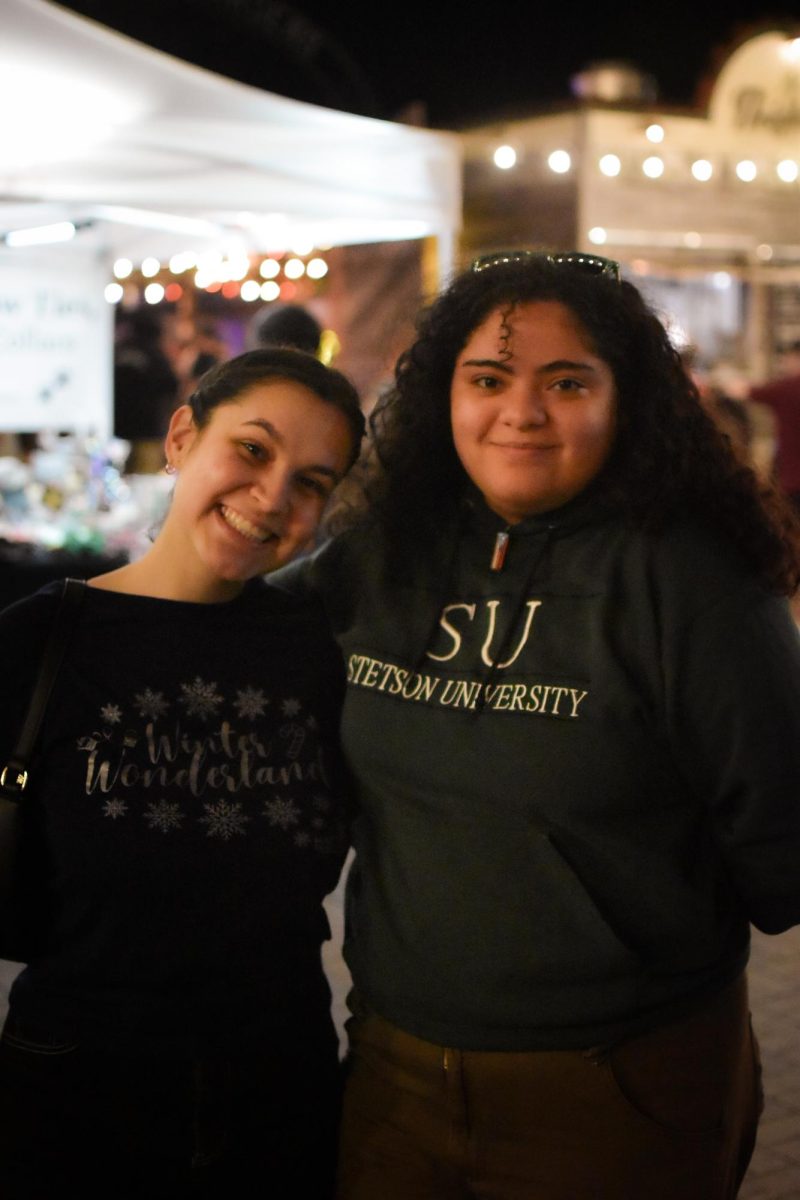Most of us think of birthdays as the Happy Birthday Song, cake and candles, but in reality, every culture has different ways of celebrating, including different music, food and rituals.
The origin of birthday celebrations is unclear, but the Greeks and the Egyptians are the two ancient civilizations that we know of that started celebrating these occasions. The Greeks celebrated birthdays because of their belief of a spirit and demon present at birth; they thought that by celebrating the day you were born, you would recognize the presence of said spirit. Whereas, the Egyptians did not really celebrate the day that a person was born. Instead, the Egyptian religion viewed a pharaoh’s coronation as a celebration of being reborn as a God, so this “birthday” of a newly crowned pharaoh became commonplace.
The Music
The “Happy Birthday” song wasn’t a Birthday song originally, instead it was a children’s song called “Good Morning All” written in 1893 by sisters Mildred and Patty Smith Hill. The song had the same music as the Happy Birthday song, but with different lyrics:
“Good Morning To You,
Good Morning To You,
Good Morning, Dear Children,
Good Morning To All!”
It was not until 1924 that the song was published in a songbook edited by Robert H. Coleman without the authorization of the Smith Hill sisters. By 1933, “Happy Birthday to You” had become a recognized tune for birthday parties, forgetting about the original “Good Morning to You All.”
Despite the popularity of “Happy Birthday to You” and its translation into multiple languages, some countries have their own way of singing Happy Birthday. In the Dominican Republic, the traditional Happy Birthday song is called “El Regalo Mejor,”—the best gift—composed by Ramon Rafael Casado Soler. This song is one minute long, relatively easy to learn and sung on all Dominican birthdays.
“Las Mañanitas” —the little mornings— was composed by Alfonso Esparza Oteo, and originated as the Mexican version of Happy Birthday. However, “Las Mañanitas” has spread around many Hispanic countries. A Colombian tradition is to wake up the birthday person singing this Mexican song.
Venezuelan Stetson student Gabriel Quintero ‘26 mentioned that they have their own Birthday song, “Ay que Noche tan Preciosa,” —what a beautiful night— was composed by Emilio Arvelo. Gabriel said, “We celebrate with this song at every birthday party, and we sing the whole three to four minutes of it.”
Cultural Differences in Birthday Parties
Every culture has different staples when it comes to Birthday celebrations, for example Dominican birthday cake is known for being extremely buttery, which makes it airy and able to dissolve in your hand when eating. It is traditionally filled with pineapple jam and covered in meringue instead of buttercream.
Another tradition that can also be found in other Latin American countries, like Venezuela and Argentina, is distributing a little bag with candy and toys for the kids. At an adult birthday party, these bags are usually filled with candy and a small bottle of the typical alcoholic beverage consumed in that region. For example, in Argentina, the usual alcoholic drink is “Fernet”, a type of Italian liquor.
In Latvia, the birthday cake is a little different from what is found on this side of the world. Latvians traditionally celebrate with “Klingeris,” a pretzel-shaped sweet bread with ingredients like saffron and cardamom.
In Chinese culture, birthdays are important celebrations packed with lots of celebratory traditions. “One traditional Chinese Birthday practice is to eat longevity noodles, which are long noodles that symbolize a long life, these are typically served in a bowl with broth and various toppings. The longer the noodle, the longer the life, so it’s customary to slurp them up without cutting or biting them,” explains Stetson student Yufei Pei ‘25 from China. Another Chinese tradition is to give red envelopes filled with money as a birthday gift; the amount usually depends on the relationship between the birthday person and gift giver, but it is usually an even number. Yufei Pei continues, “The red envelope itself is considered good luck and wards off evil spirits. Giving a red envelope is a way of showing love, respect, and well-wishes to the recipient on their special day.”
Ultimately, everyone has different ways of celebrating birthdays, whether in the songs sung or the gifts given. Yet, all traditions uphold one sentiment: birthdays are meant to be a happy day surrounded by loved ones celebrating another trip around the sun.



























